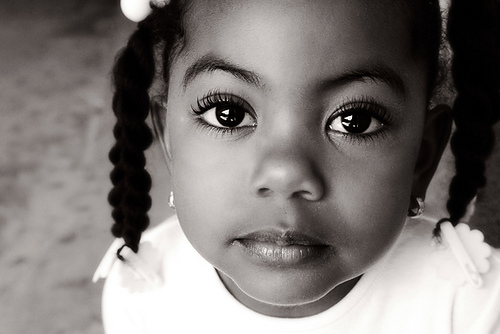The Bay Area’s Black community is in crisis. And the community came up with answers during our year of convening, and they are game changers.
Segregated housing and discrimination have created unequal paths that are so well worn they are invisible to most. Housing, health, education and access to opportunity in general all conspire against Black progress. Unless we want things to go from bad to worse for generations to come, we must organize. And if we’re going to give our children, grandchildren and great grandchildren a chance at the future they deserve, we have to improve the schools that are supposed to be giving them the foundation to flourish.
The reality is that foundation has shown troubling cracks for years, and they’re only expanding.
Let’s face it, in Oakland, Black students are poised for little success in any of the public schools. Whether they attend a charter or district-run school, a Black elementary student has roughly a 1 in 7 chance of reading on grade level; proficiency is 15 percent in charters and 14 percent in district schools. In San Francisco, Black students are on average, 3.9 grade levels behind White students. Throughout the Bay Area, Black families are overly concentrated in the lowest performing schools, some of which will close, leaving them with equal or worse schools that are farther away. Meanwhile, neighborhood enrollment preferences lock out the most underserved families from the highest performing schools.
Even when we do win the lottery to the high performing schools, our children often don’t see teachers that look like them, and may experience a culture that is at best neutral to their home culture and at worst, makes them choose between a daily battle swimming upstream or putting on “the mask” and living and learning double consciousness at too early an age.
That said, it’s time to rebuild.
Families and community members in Oakland are ready to lead the way, as they refuse to sit idle while opportunity and progress rest comfortably up against the walls of classrooms largely comprised of affluent and White students. In our examination of the state of Black education in Oakland, one thing remains clear. Oakland’s education problem is the Bay area’s education problem. But we can stop the spread of indecency that’s robbing our children of their future if we’re willing to learn from one another. So, here are four Oakland-based community-led solutions to the challenges facing Black students throughout the Bay Area.
Four Answers From the Community
We need to break the segregationist chain between neighborhoods and access to quality schools. As closing schools disproportionately affects Black families, the most underserved families should get first choice for any district or charter school, regardless of where they were born or where they can afford to live.
We must establish public goals for the hiring, retention and targeted support of diverse educators. Two statewide studies show that having one Black teacher reduces dropout rates for Black students by 29 percent. We need public goals, and targeted supports for diverse educators if we are to interrupt the cycles of institutional racism.
Students need meaningful voice in the process for hiring and evaluating educators. Rigorous research shows that student surveys were more accurate and provided more specific feedback than professional evaluators. Students are the experts on the classroom and they should have a real voice in who the educators are.
Finally, schools and districts need to repurpose land and buildings to support our most vulnerable families. Other districts have earmarked land for foster youth, homeless, low-income and teacher housing and more. Oakland Unified School District has almost 500 acres, 10 percent of which is completely undeveloped. By its own calculations OUSD has roughly 12,000 empty seats in buildings. These public resources need to be creatively used for Oakland families.
While these recommendations represent a starting point for each of us to create the change we want to see for our children, we must work together to see these policies through to completion. It’s what our students deserve, and we simply cannot expect them to grow on the shaky inequitable ground they’ve been forced to rest their futures upon for one more day.
Please join the State of Black Education in Oakland (SoBEO) or on facebook if you would like to get involved

